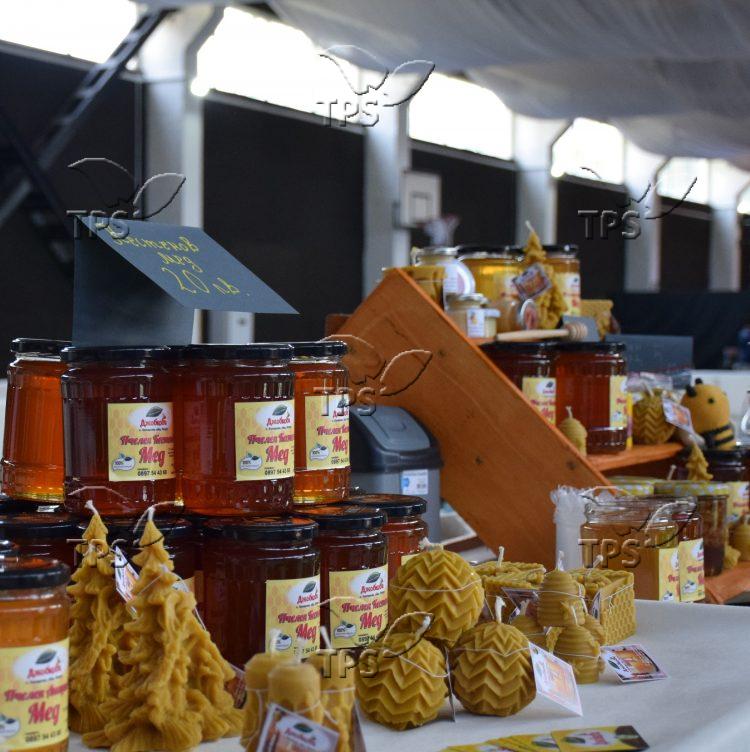Experts Pool Efforts to Save Bulgaria’s Largest Natural Chestnut Forest, Boutique Honey Source
Jerusalem, 18 October, 2022 (TPS) -- PETRICH, SOUTHWESTERN BULGARIA, 18.10.2022 (BTA)
Chestnut honey is one of the gifts of Mount Belasitsa, home to the largest natural sweet chestnut forest in Bulgaria. The honey is characterized by low acidity that makes it beneficial in ulcer cases and its low sugar content – accessible to even diabetics, Gergana Dzhobkova told BTA. She and her family care for 150 beehives in the vicinity of Kolarovo village in the southwestern mountain.
What makes true sweet chestnut honey so rare is the short period of flowering of the trees and the small harvest in the areas where they grow. Although there are many enthusiasts because of the high price of the product, the terrain itself is very difficult for apiculture, rough and rocky, and with dry and hot summers which make most of the new beekeepers give up quickly, Dzhobkova said. Unlike them, the family prefers to leave the hives in the mountain and the result is high quality honey, mainly sweet chestnut, acacia and the local mountain herbs.
For years, though, the chestnut forests have been suffering and are threatened by extinction. The sweet chestnut is registered as endangered in Bulgaria’s Red Data Book, the head of Forest Renovation at the State Southwestern Forestry Company, Vera Stanisheva, told BTA.
There are 650 ha of sweet chestnut in Belasitsa and another 1,700 ha of mixed sweet chestnut and other species. The health of chestnut forests in Bulgaria has been deteriorating in recent years, mostly because of invasive pathogens which penetrated in the 1980 and the 1990s, causing bark cancer and subsequent death of the chestnut trees.
Absolutely all forests suffer to one degree or another, particularly the trees at an altitude between 300 and 600 m, Stanisheva said. To save them, scientists from the Forestry Institute at the Bulgarian Academy of Sciences and the forestry company are conducting an experiment with a hypo virulent strain to prevent the virulent strain from multiplying. This has been successful in neighboring Romania, Greece and the Republic of North Macedonia. In Romania 80% of the trees got well, said Stanisheva.
Following tests the lab and in the sample areas the affected forests stand a good chance to regain their health.


